Your Clinic
SET A LOCATION
Your Clinic
SET A LOCATION
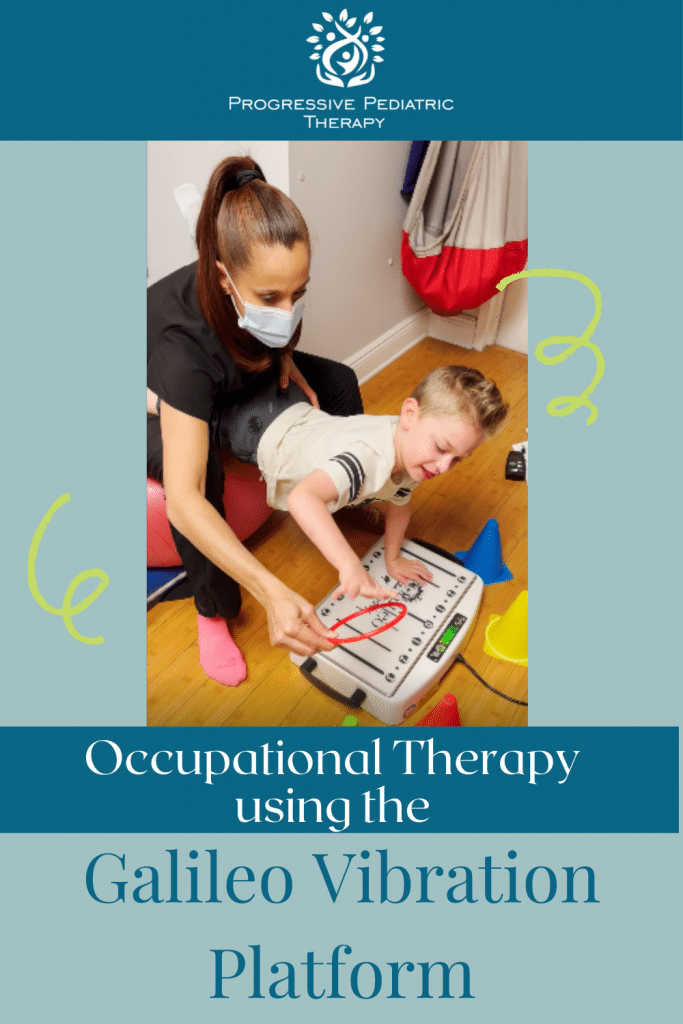
The input of the vibration automatically activates muscles and nerves through the see-saw motion of the platform which pivots back and forth many times per second (similar to the automatic knee-jerk response that occurs when a reflex hammer hits the tendon in front of your knee).
Our occupational therapists assess the child’s skills and needs, then determine which positions and frequencies will best target specific areas of the body during therapy sessions.
The Galileo’s vibration not only exponentially strengthens a child’s body during a short period of time, but can also reduce spasticity, improve sensory awareness , and stretch tight muscles . Because the Galileo automatically stimulates the nerves and muscles, it is especially beneficial for children who are younger or have limited movement. For example, when comparing a person doing pushups on the floor versus on the Galileo, the person on the Galileo can become stronger in a shorter period of time because of the higher frequency of muscle activation while performing the movement.
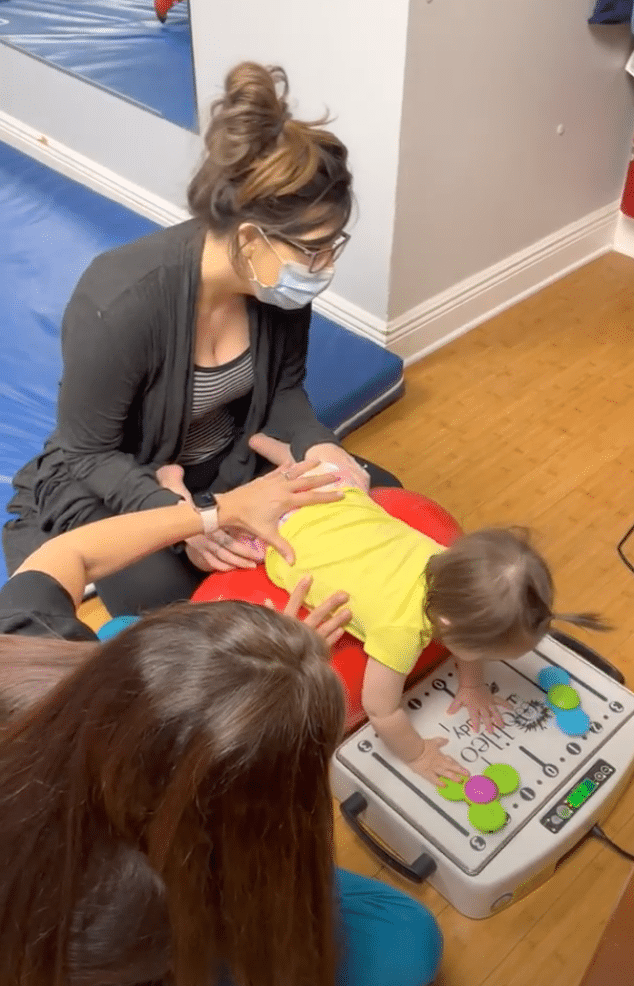
Toys and games are incorporated into sessions when therapists use the Galileo to help motivate the child for greater endurance and promote engagement in a functional task. Photo A illustrates how, with the help of mom and therapist, the child is positioned on her stomach in a ‘wheelbarrow’ position with her hands on the Galileo to build strength in her hands, arms, shoulders, back, and stomach.
Photo B depicts the child standing on the Galileo to work on strengthening her legs, building her endurance, and improving her balance.
The goal of the occupational therapist is to facilitate age appropriate functional skills in areas such self-feeding, dressing, handwriting, playing etc. After working on the Galileo, children often show more sensory awareness and tolerance, improved alertness, and better postural control and muscle responses throughout their body, which enables them to complete the therapeutic activities more efficiently and effectively.
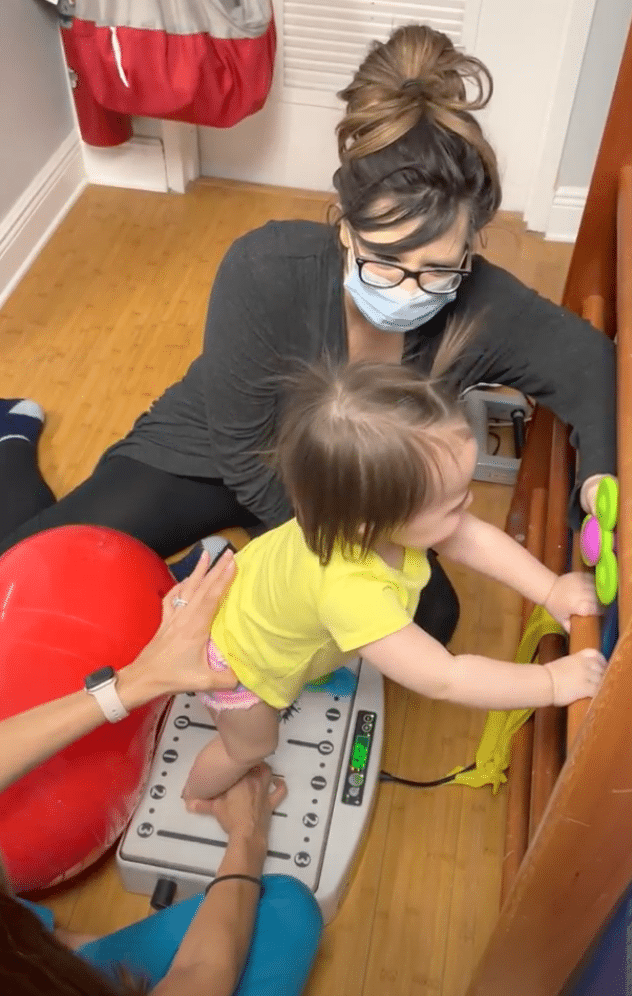
The post Using the Galileo Vibration Platform in Occupational Therapy Treatment. appeared first on PPT4Kids.
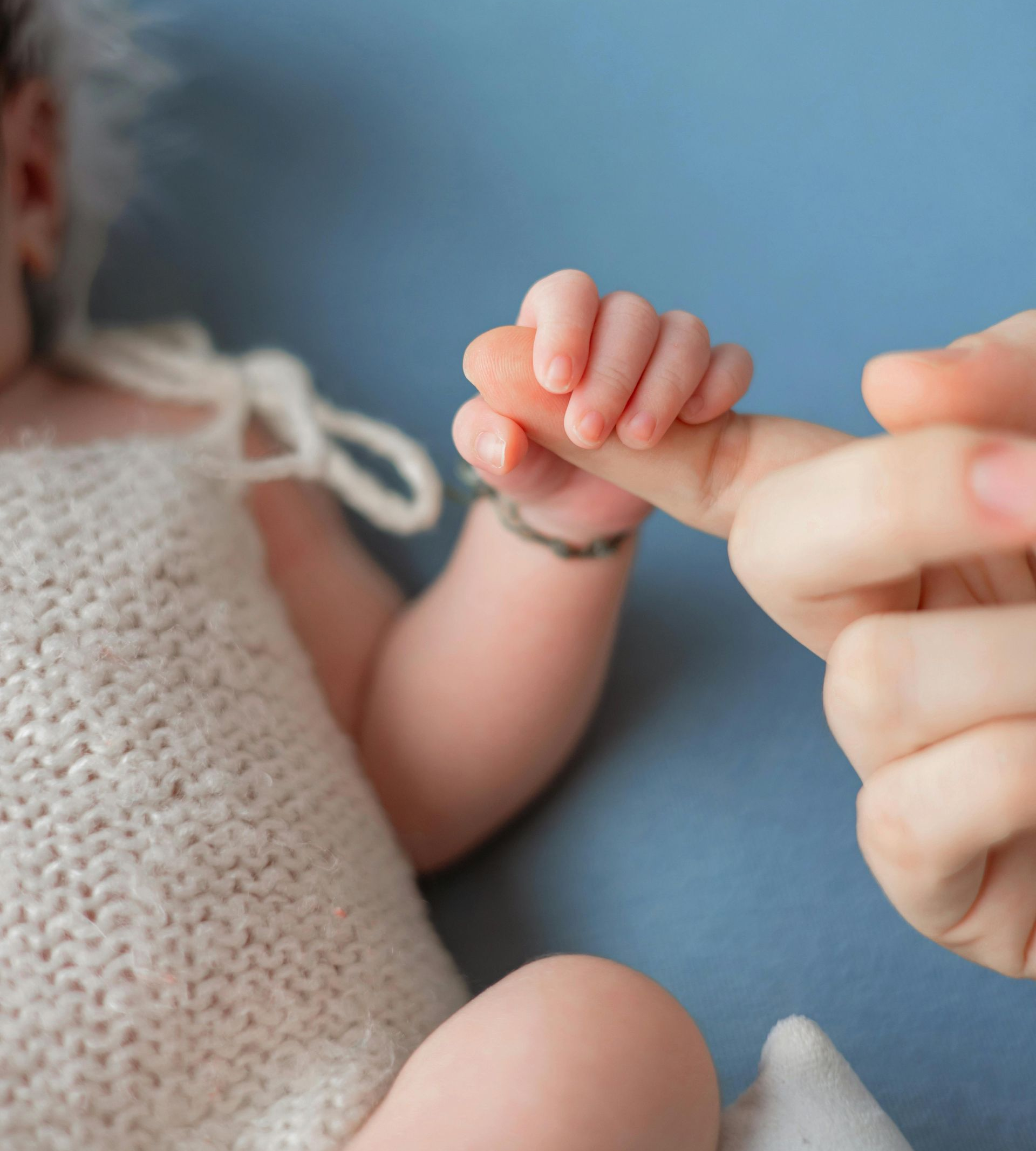

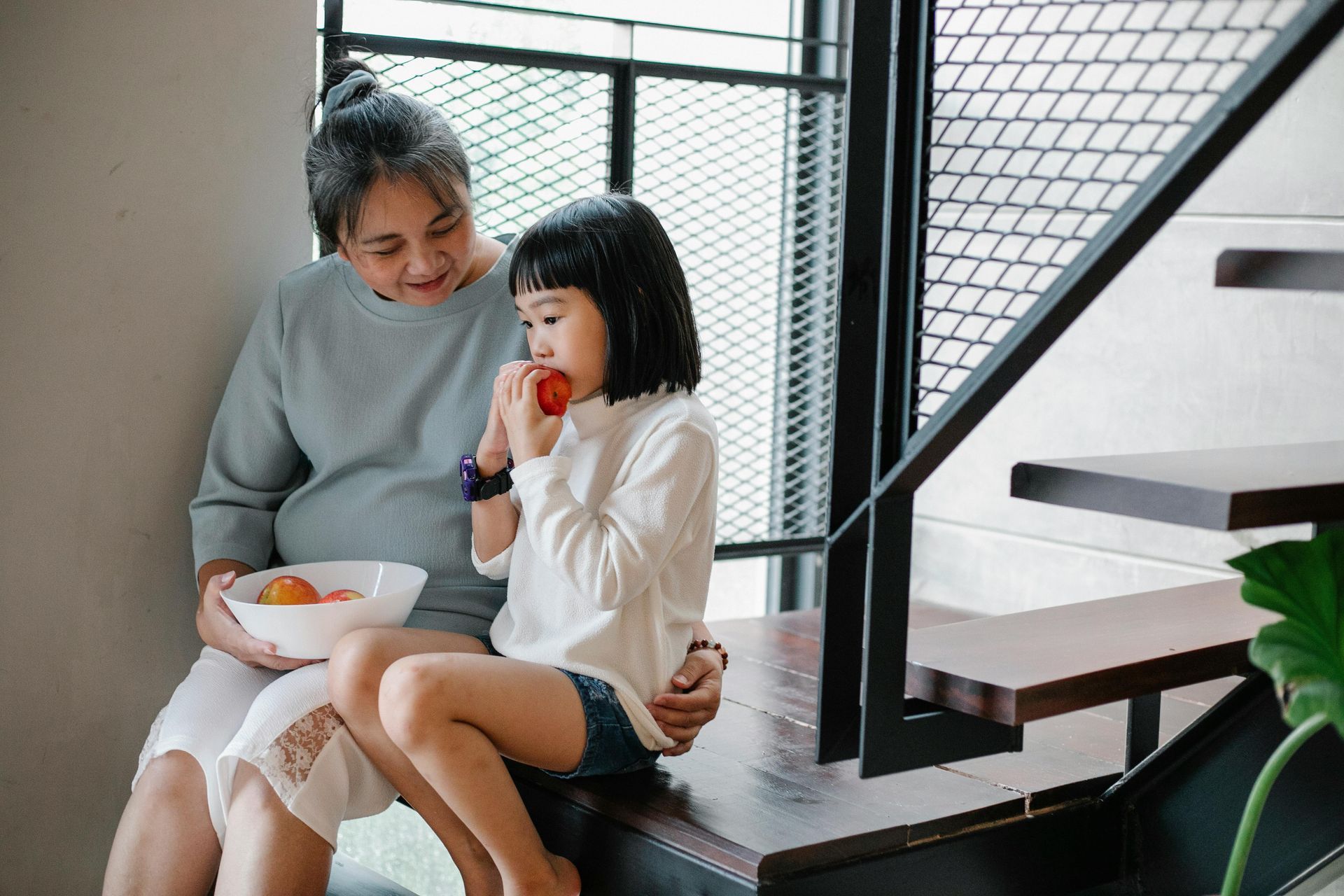
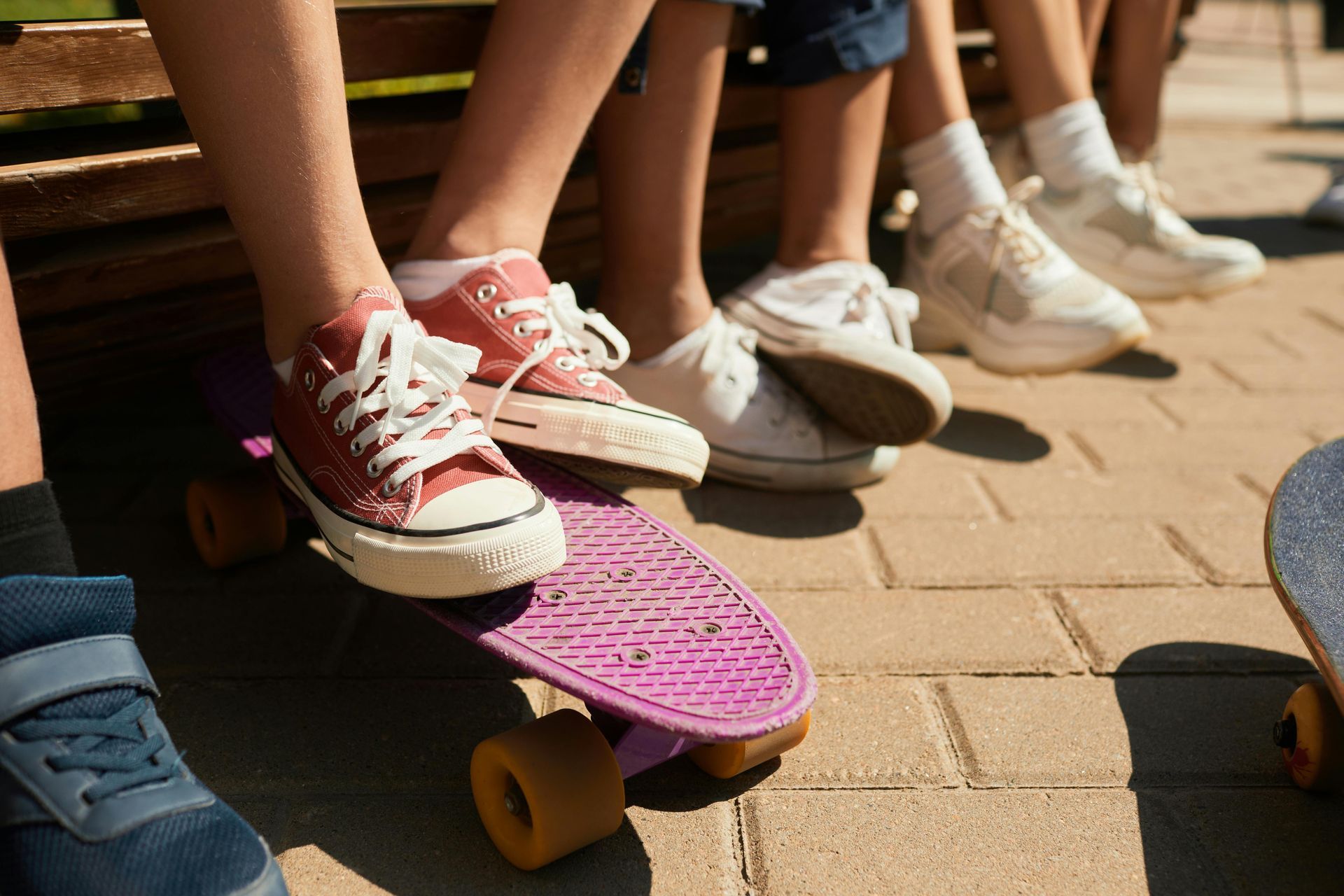
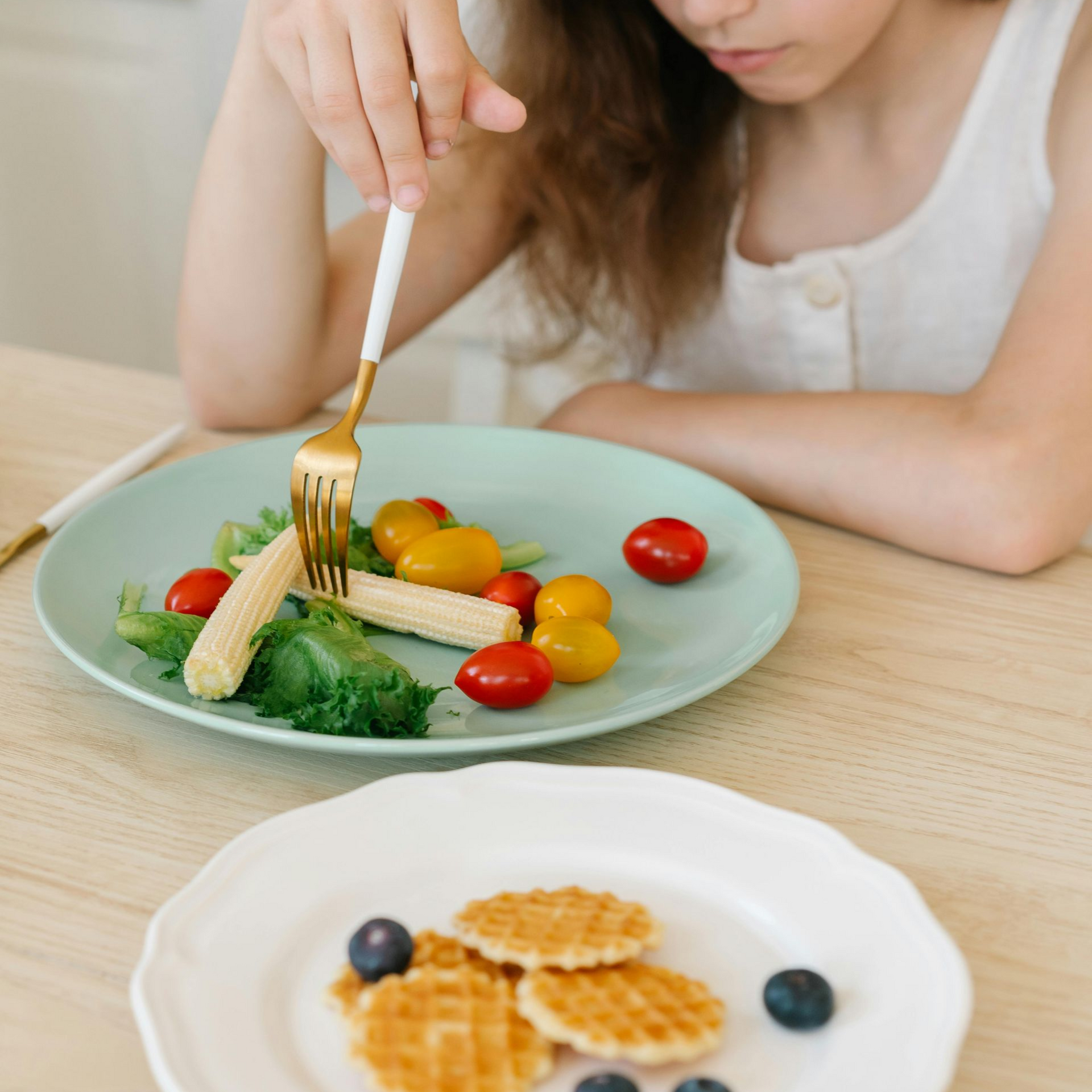

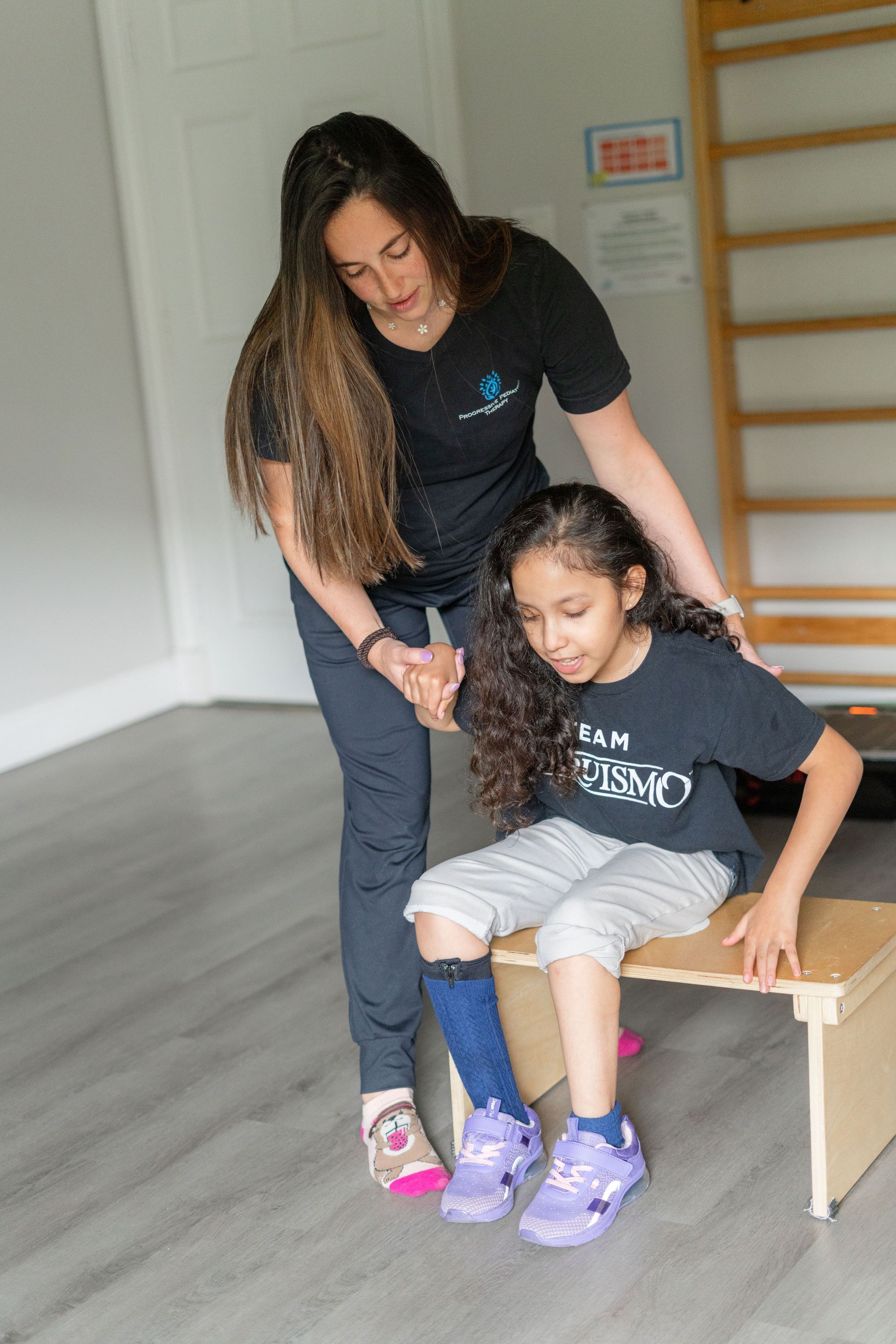
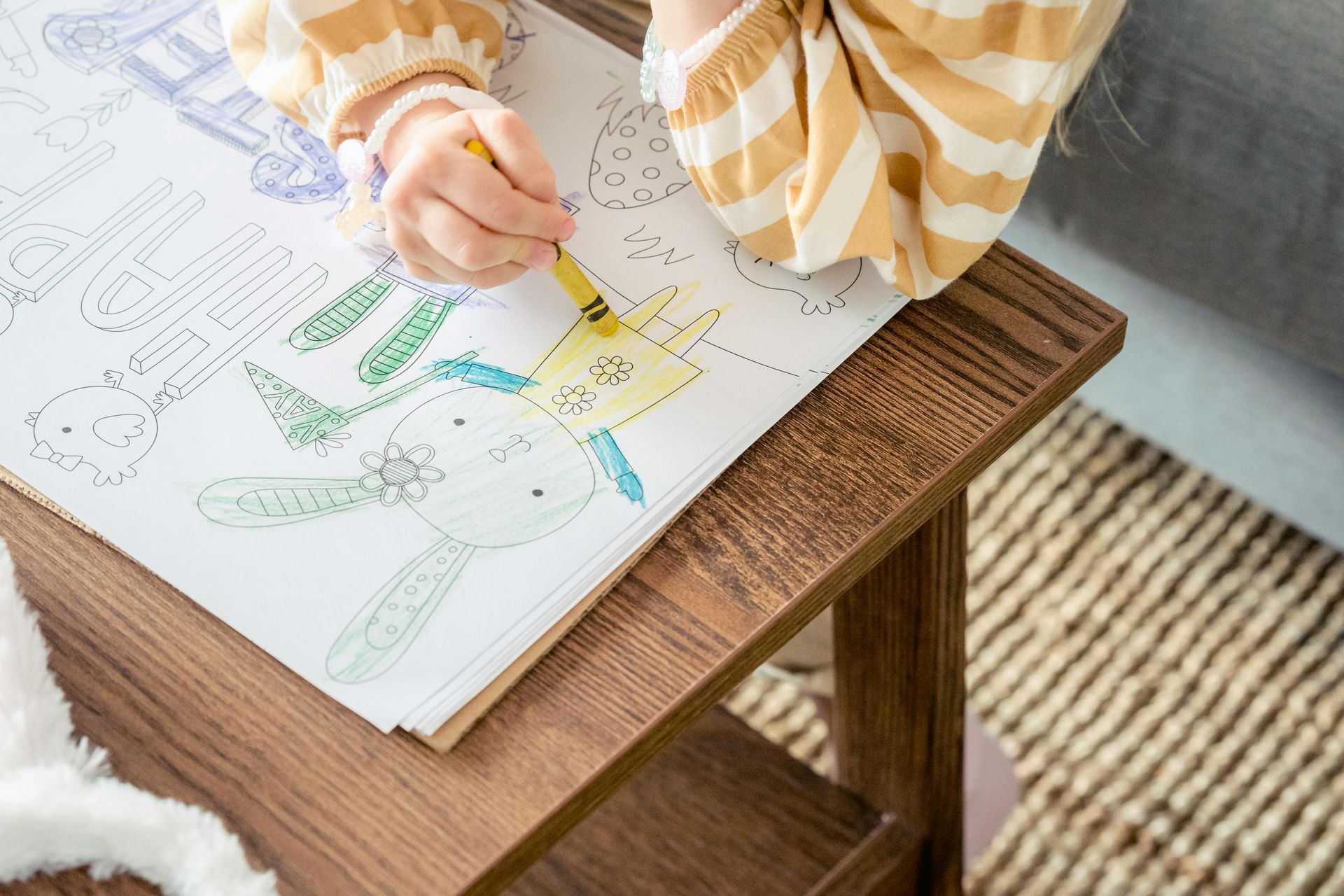
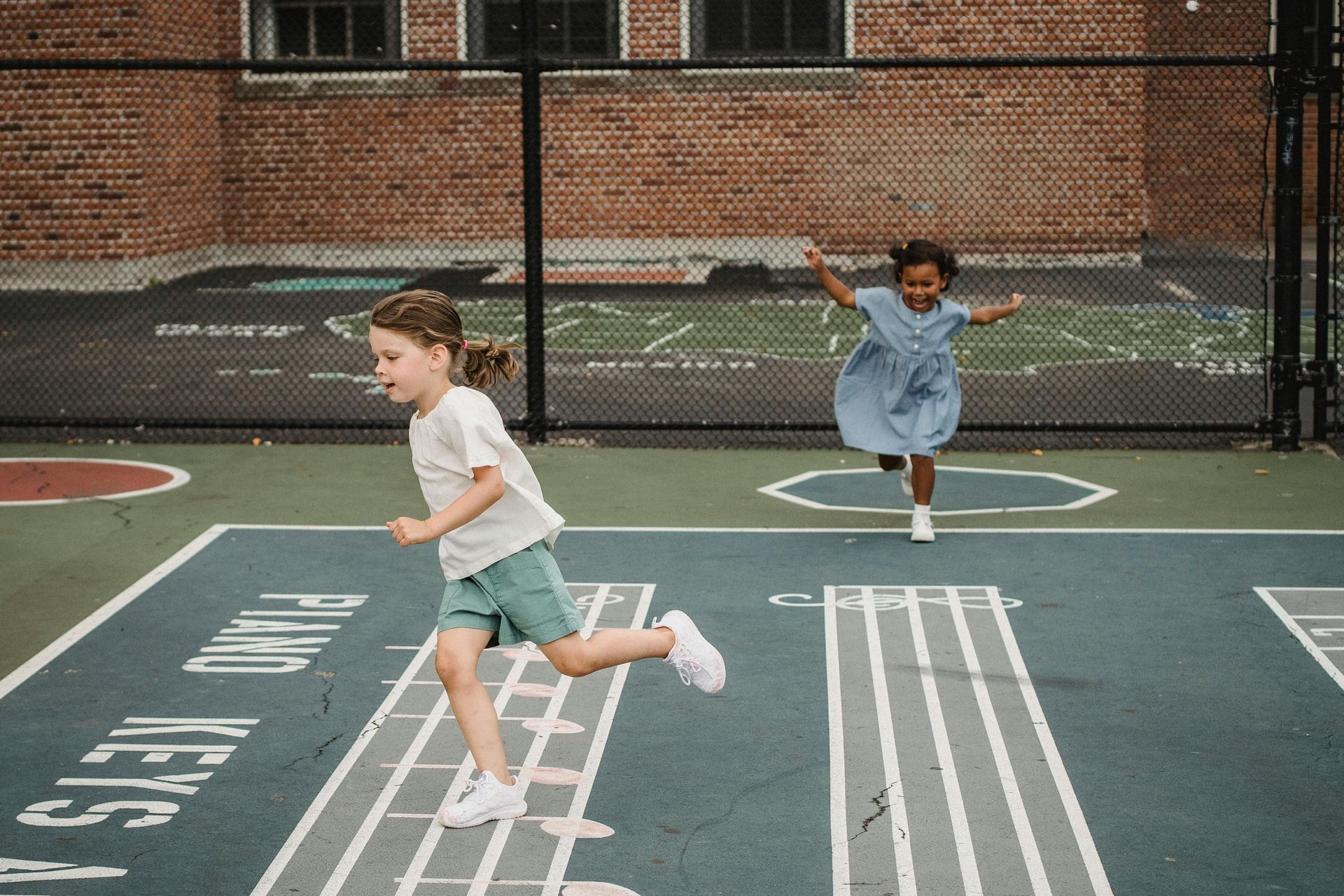
We empower children, families, and the community to learn, grow, and celebrate every child's unique abilities.
Quick Links
Contact Details
Phone: 561-376-2573 | 561-918-0190
Fax: 561-218-4939
VIP Concierge: 561-717-1764
Clinic Locations
All Rights Reserved | Progressive Pediatric Therapy, Inc. | Privacy Policy | Terms of Service
Site by Spearlance